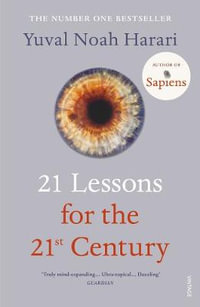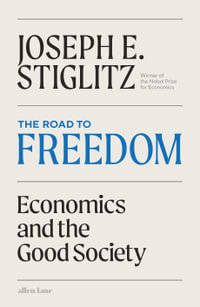
William Morris and the Aesthetic Constitution of Politics
Hardcover | 15 January 2025 | Edition Number 2
At a Glance
Hardcover
RRP $189.00
$149.75
21%OFF
Aims to ship in 5 to 10 business days
When will this arrive by?
Enter delivery postcode to estimate
While William Morris (1834-1896) is generally considered one of the most important cultural and political figures of late Victorian England, there is avid disagreement on the way in which we can understand the interconnections between his aesthetic commitments (as a celebrated poet and decorative artist influenced by Pre-Raphaelitism and Aestheticism) and his later revolutionary socialist advocacy. As opposed to dominant interpretations within Morris scholarship, Bradley J. Macdonald argues for the importance of understanding the role a "critical notion of beauty" had in moving Morris toward a theory of socialism that took seriously the way in which desire, pleasure, and "beauty" (as applied to all externals of human life, not just art works) could be regenerated only through radical transformations in socioeconomic life. Consequently , William Morris''s development represents an interesting example of cultural politics. Given this genealogy, Macdonald clarifies, Morris's mature political theory incorporated a very important commitment to not just economic justice, but also, among other distinctive applications ; ecological sustainability, making him one of the first eco-socialist theorists within the Western tradition, and also an early proponent of what is today known as "degrowth communism."
Industry Reviews
ISBN: 9781666976045
ISBN-10: 1666976040
Published: 15th January 2025
Format: Hardcover
Language: English
Number of Pages: 242
Audience: Professional and Scholarly
Publisher: ROWMAN & LITTLEFIELD PUBLISHERS
Country of Publication: GB
Edition Number: 2
Dimensions (cm): 24.0 x 16.7 x 2.3
Weight (kg): 0.48
Shipping
| Standard Shipping | Express Shipping | |
|---|---|---|
| Metro postcodes: | $9.99 | $14.95 |
| Regional postcodes: | $9.99 | $14.95 |
| Rural postcodes: | $9.99 | $14.95 |
How to return your order
At Booktopia, we offer hassle-free returns in accordance with our returns policy. If you wish to return an item, please get in touch with Booktopia Customer Care.
Additional postage charges may be applicable.
Defective items
If there is a problem with any of the items received for your order then the Booktopia Customer Care team is ready to assist you.
For more info please visit our Help Centre.























